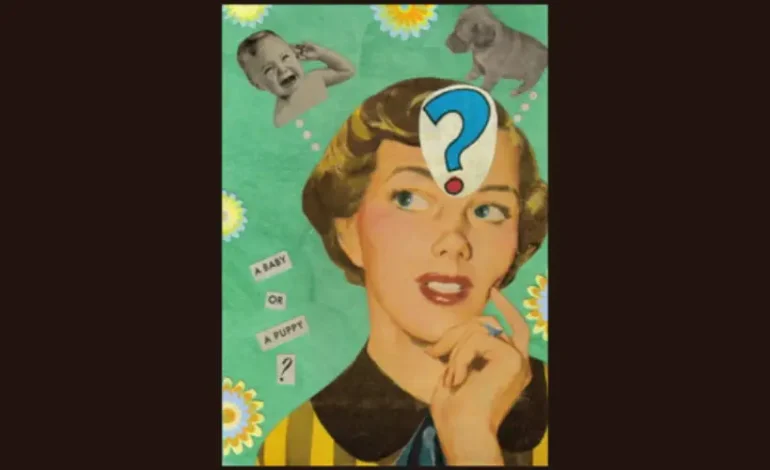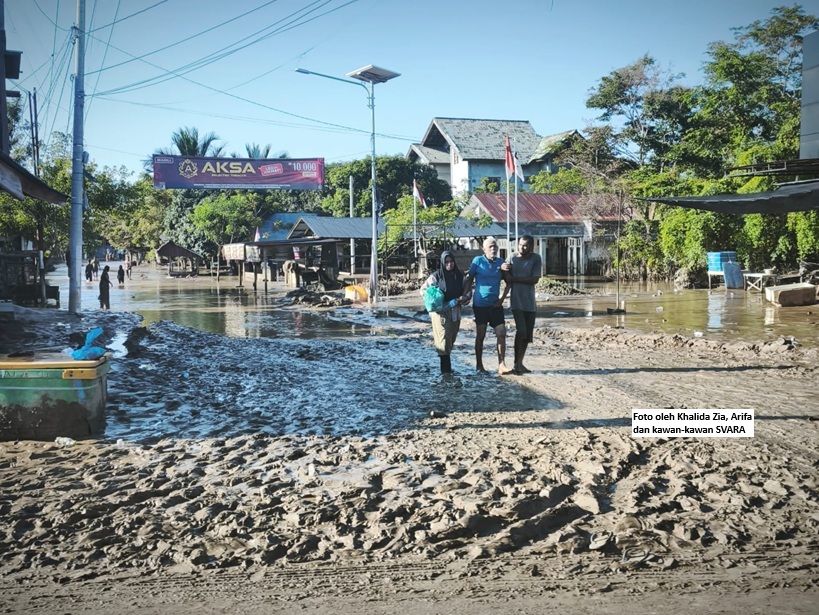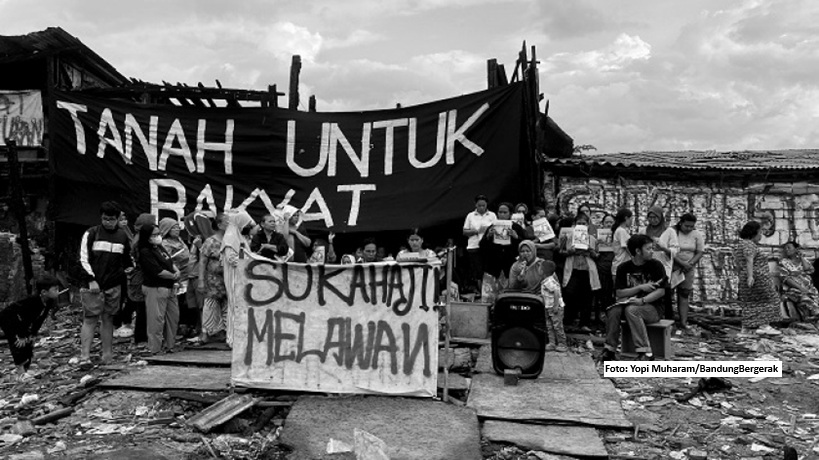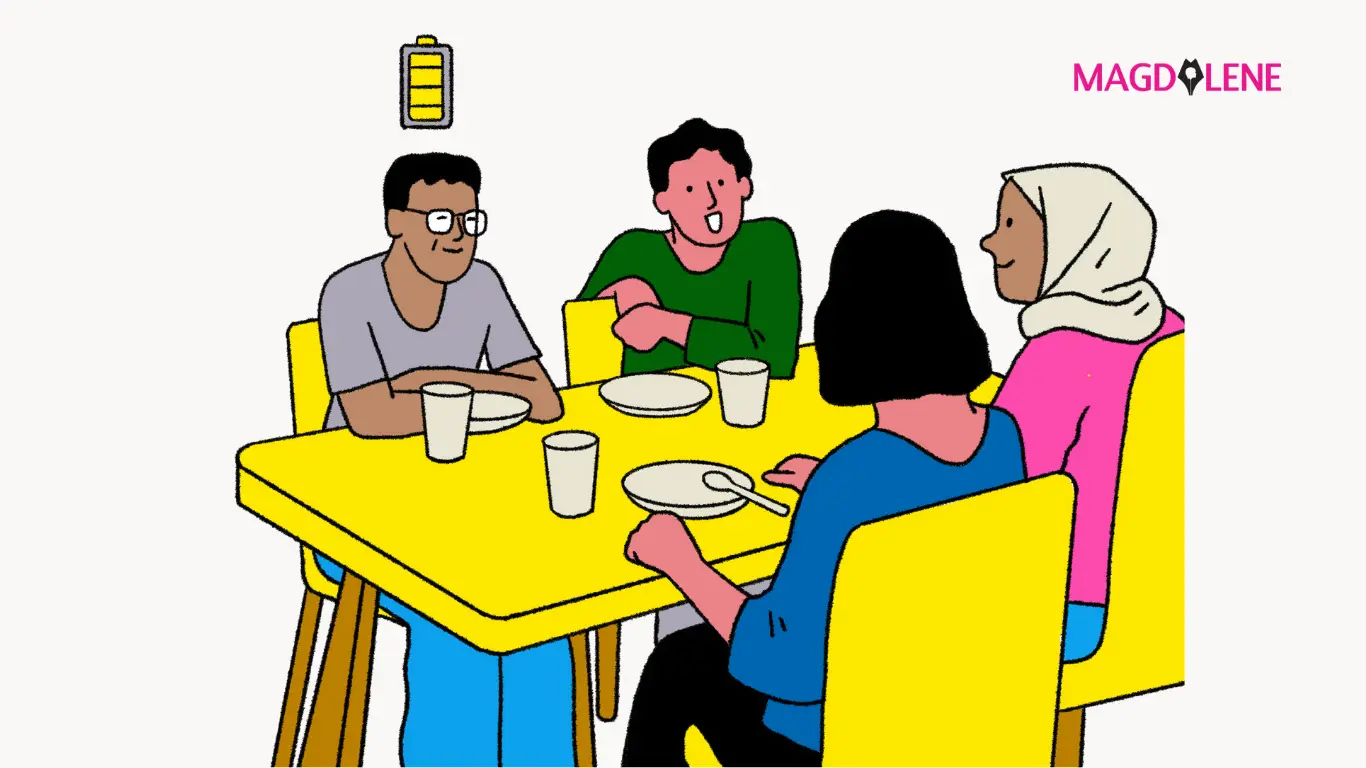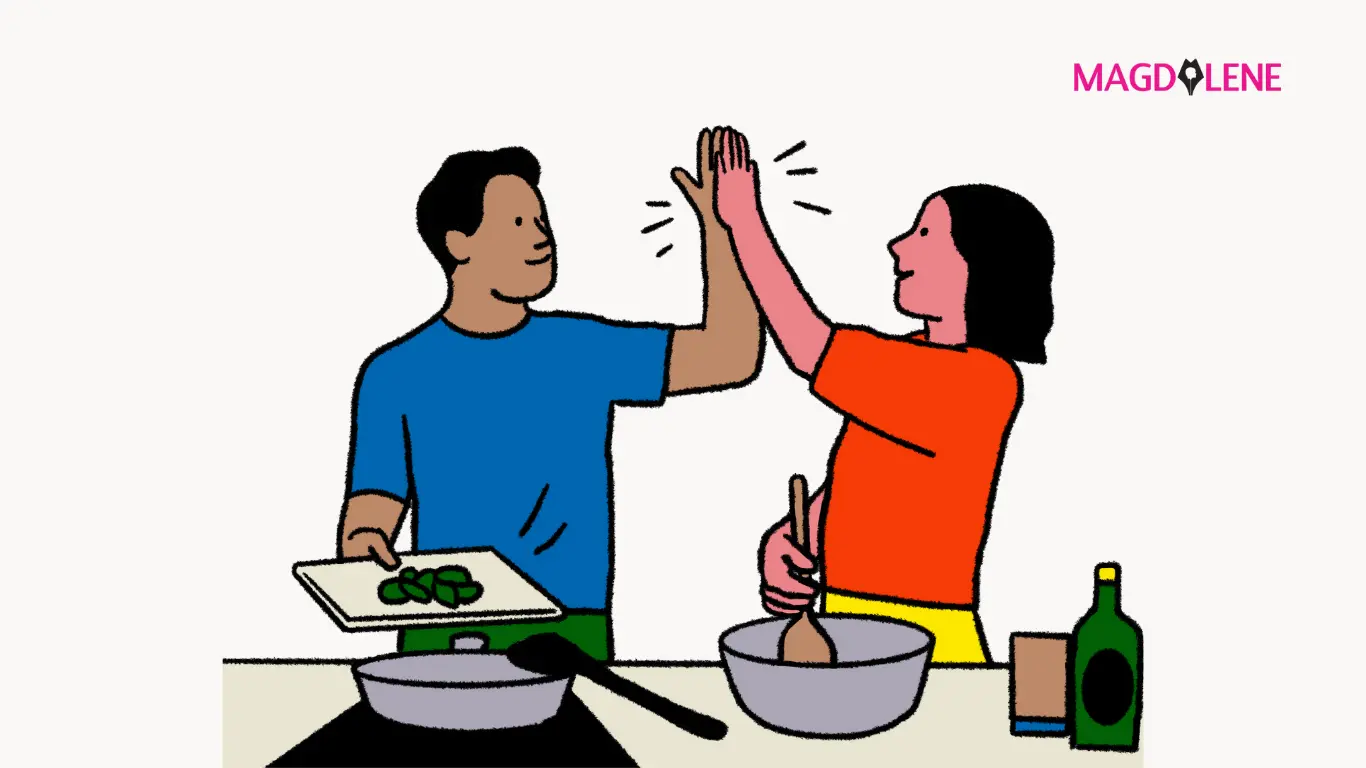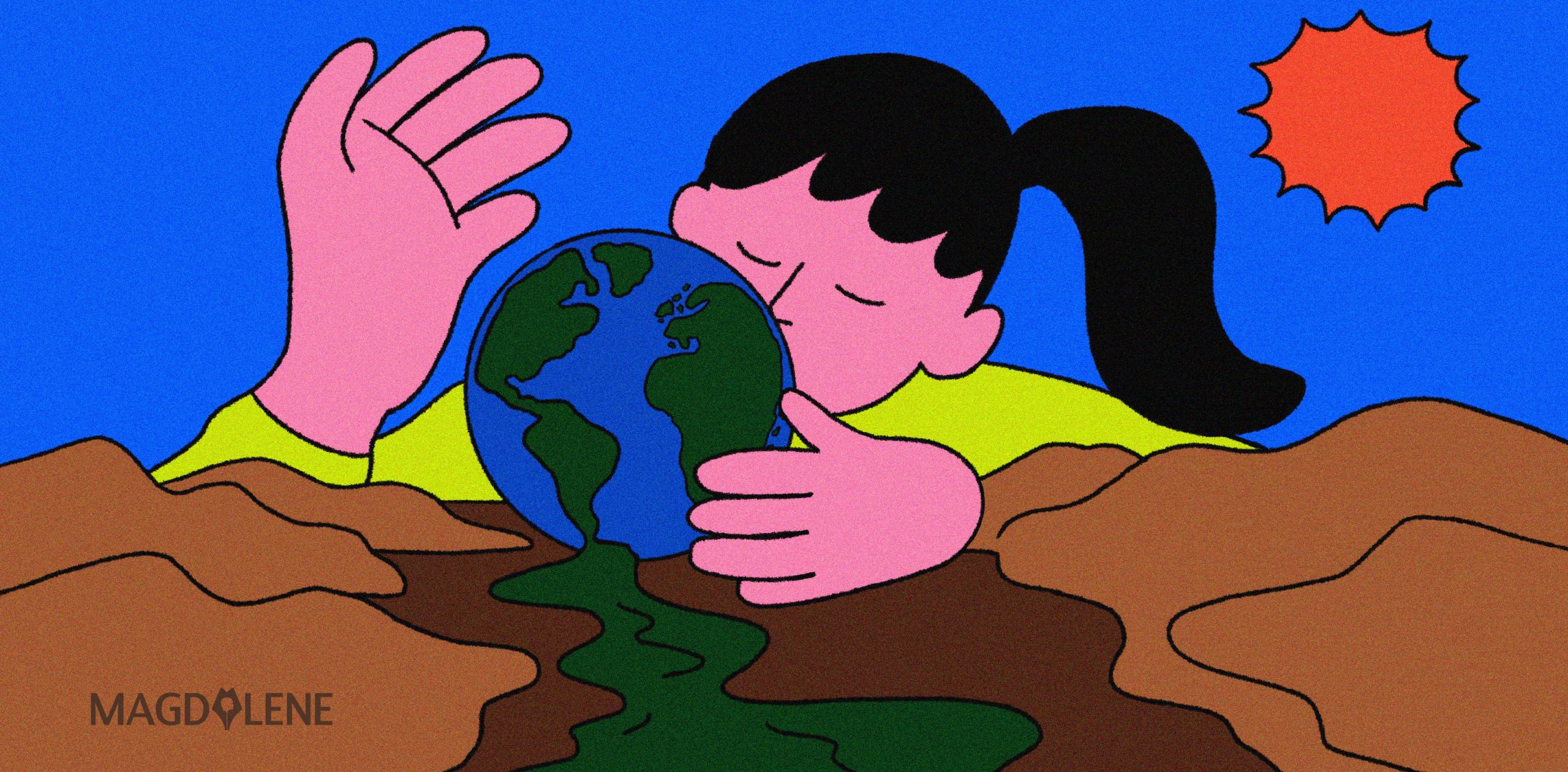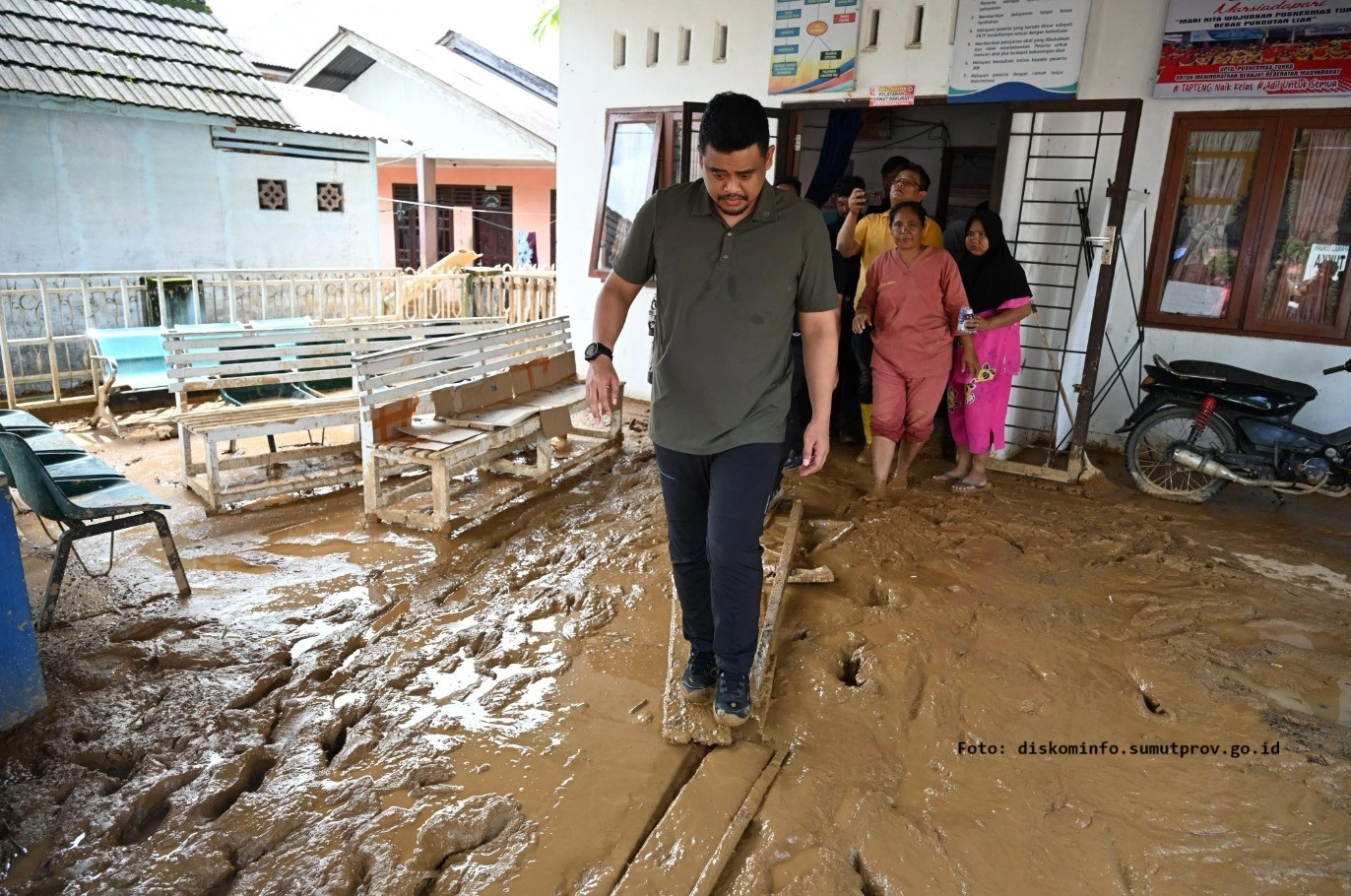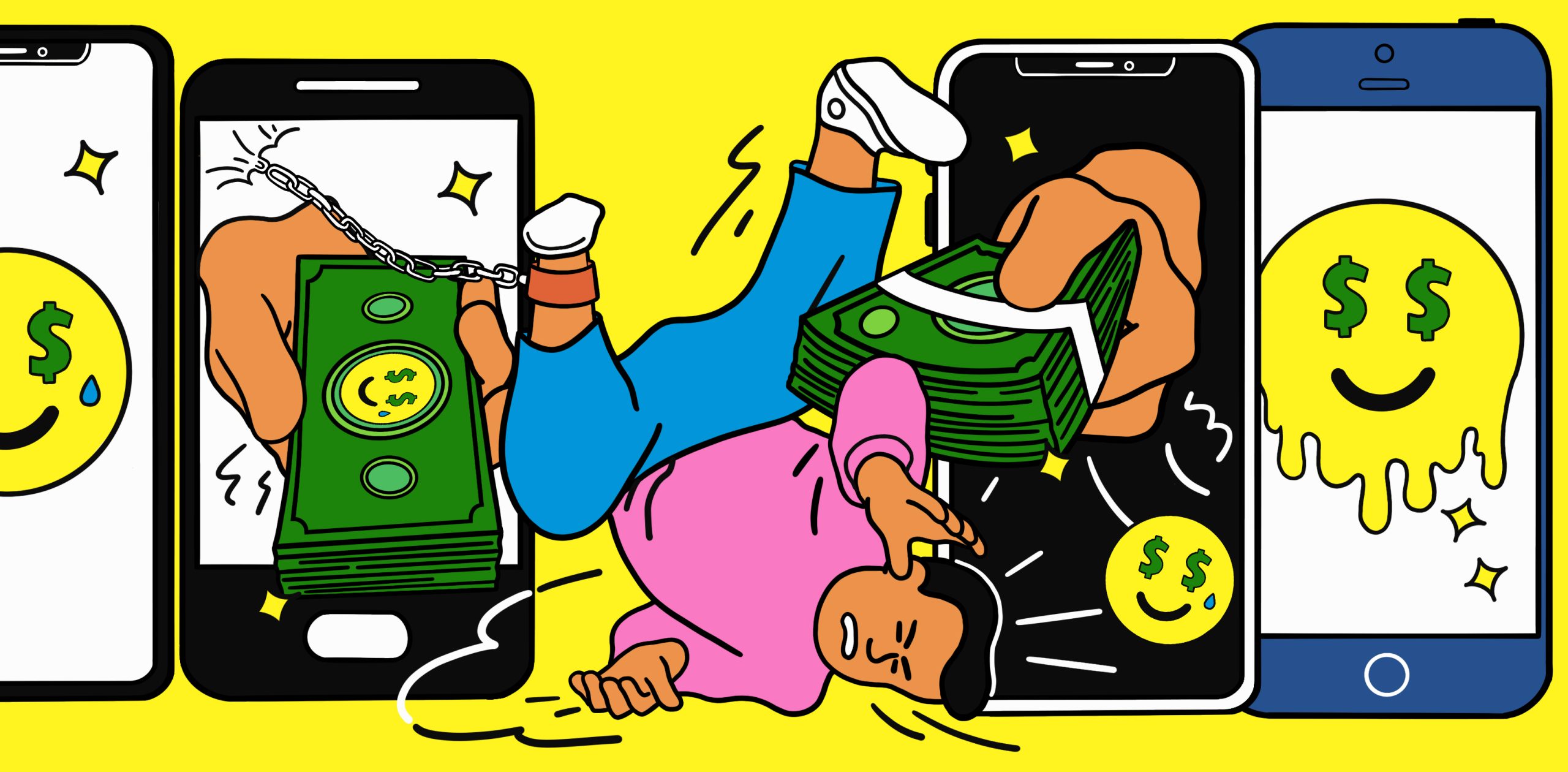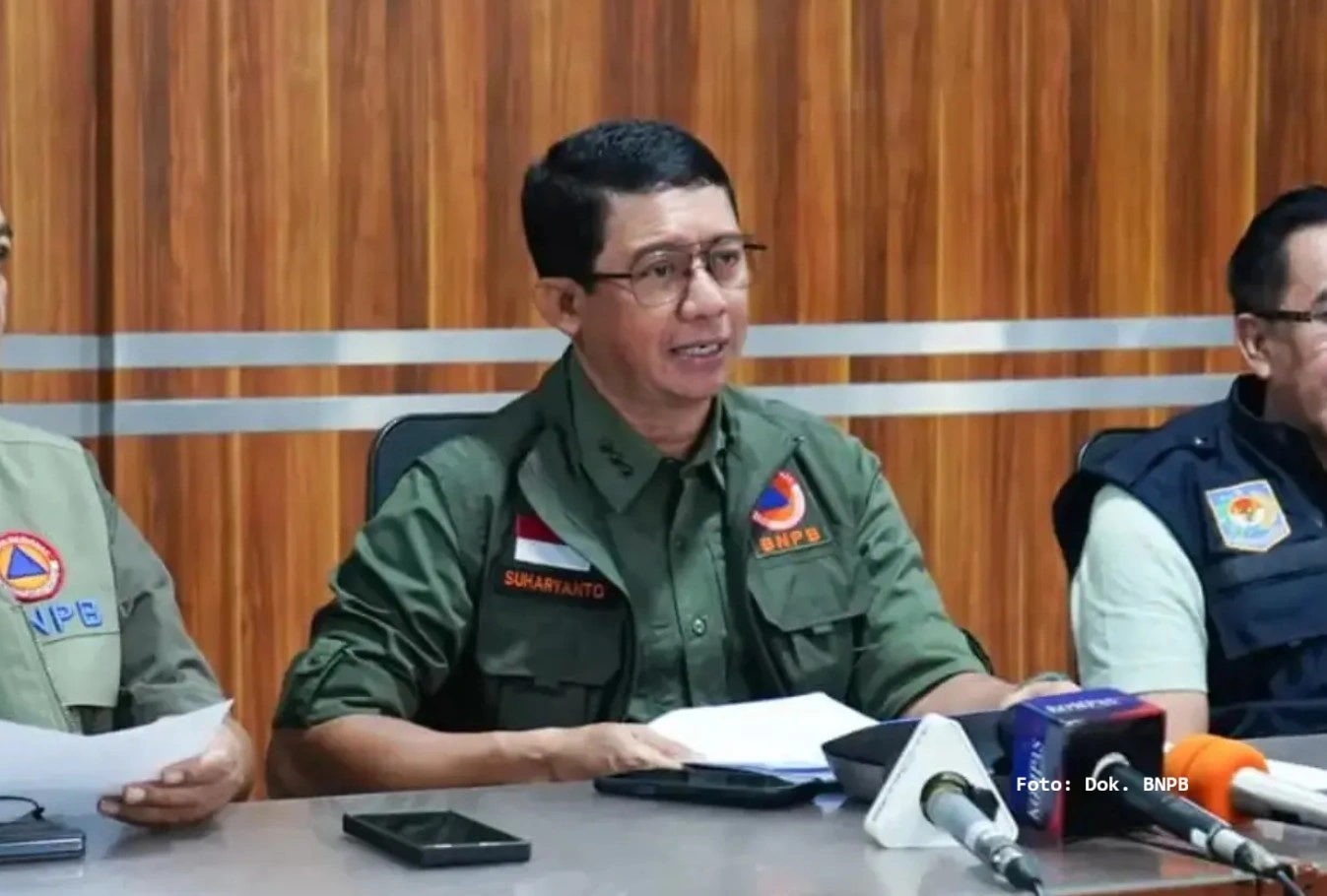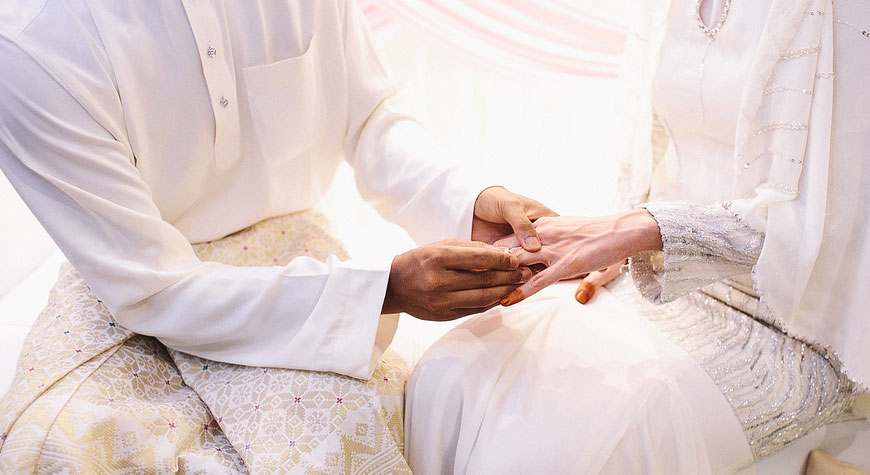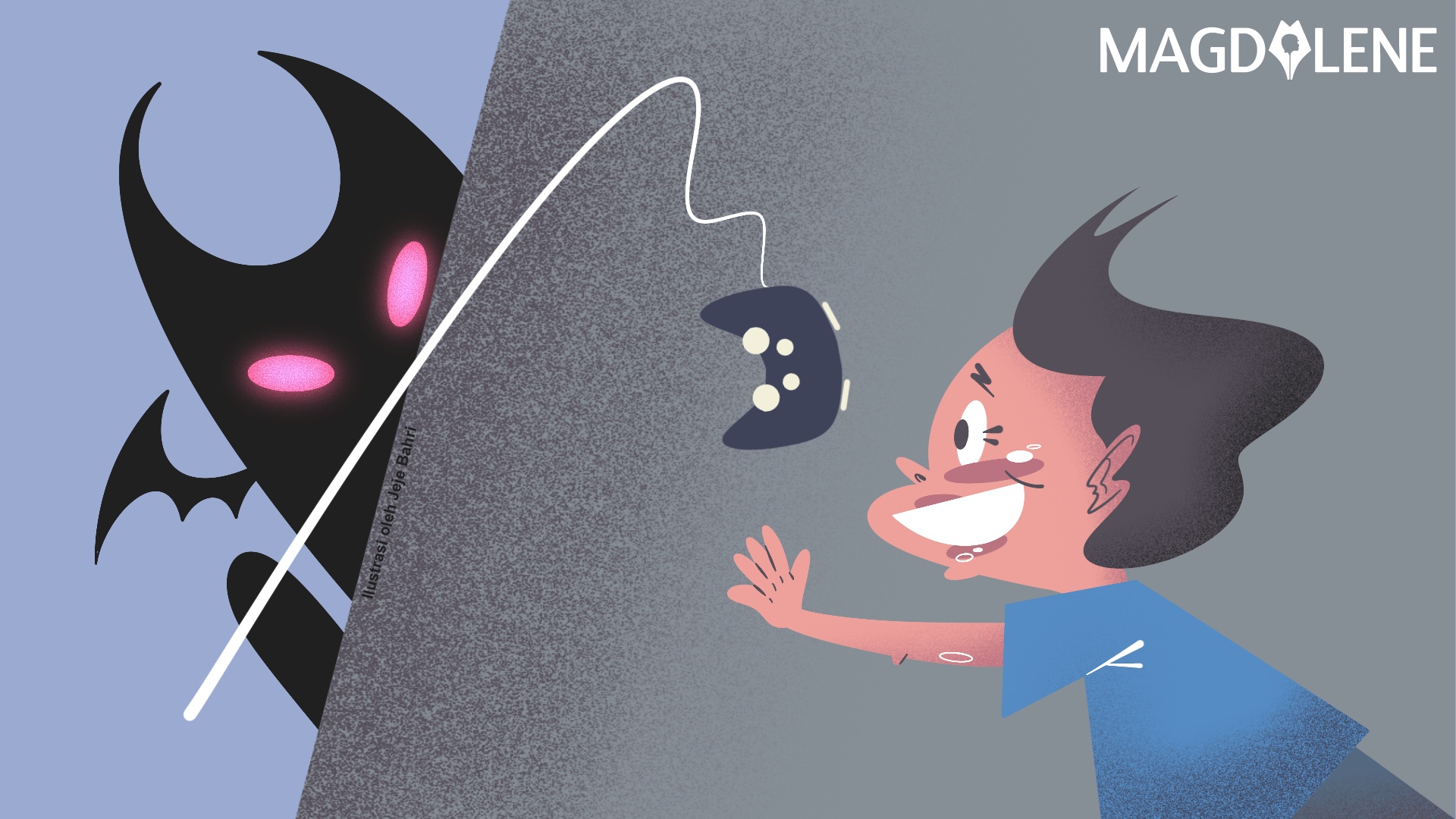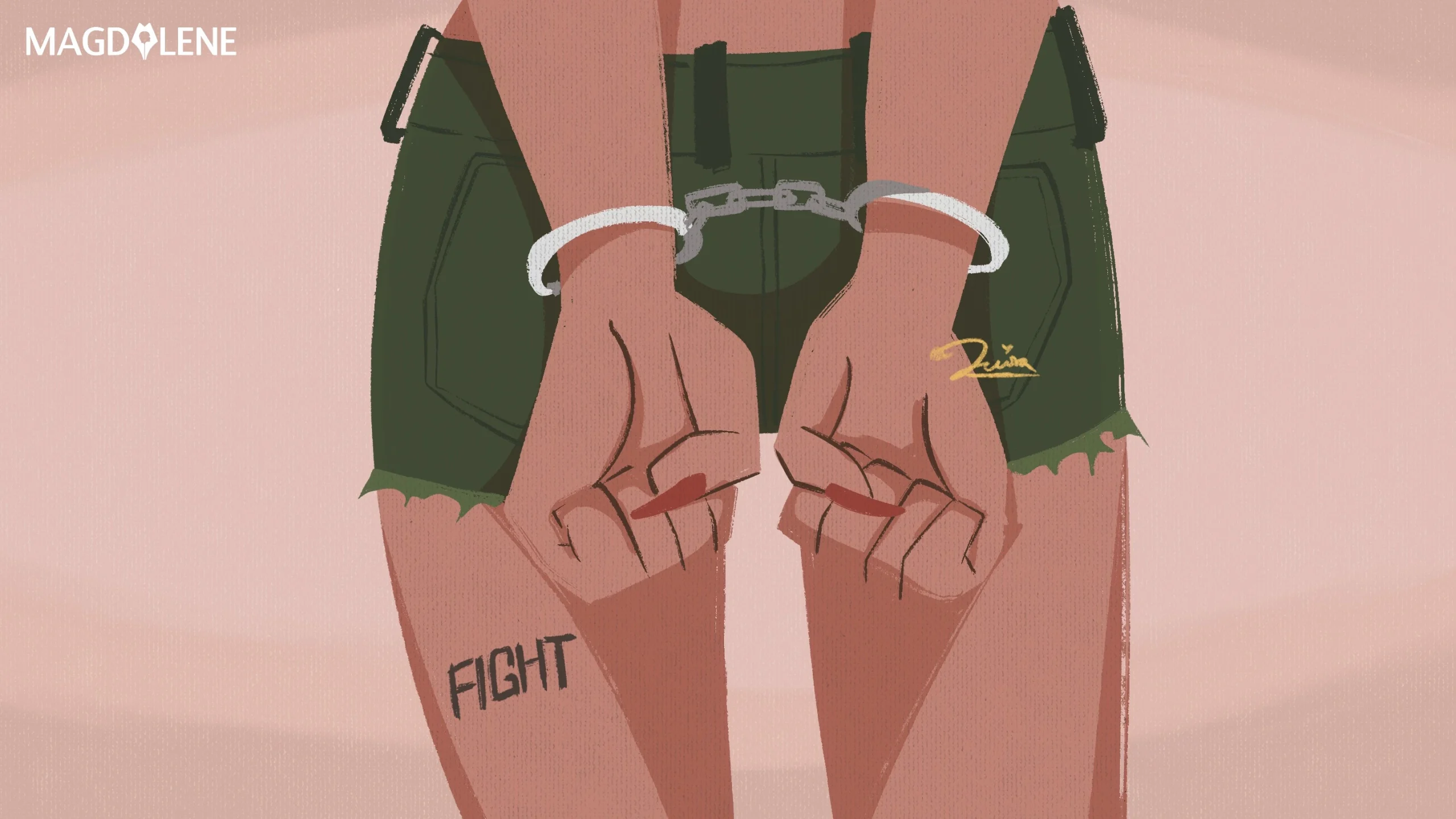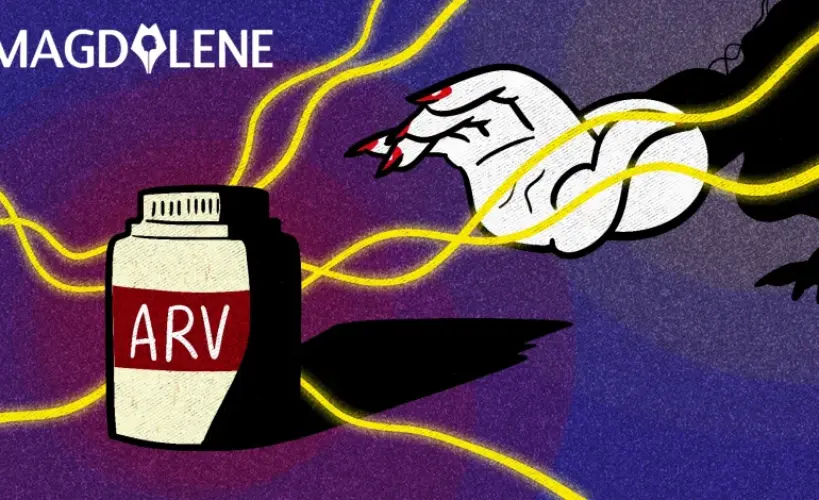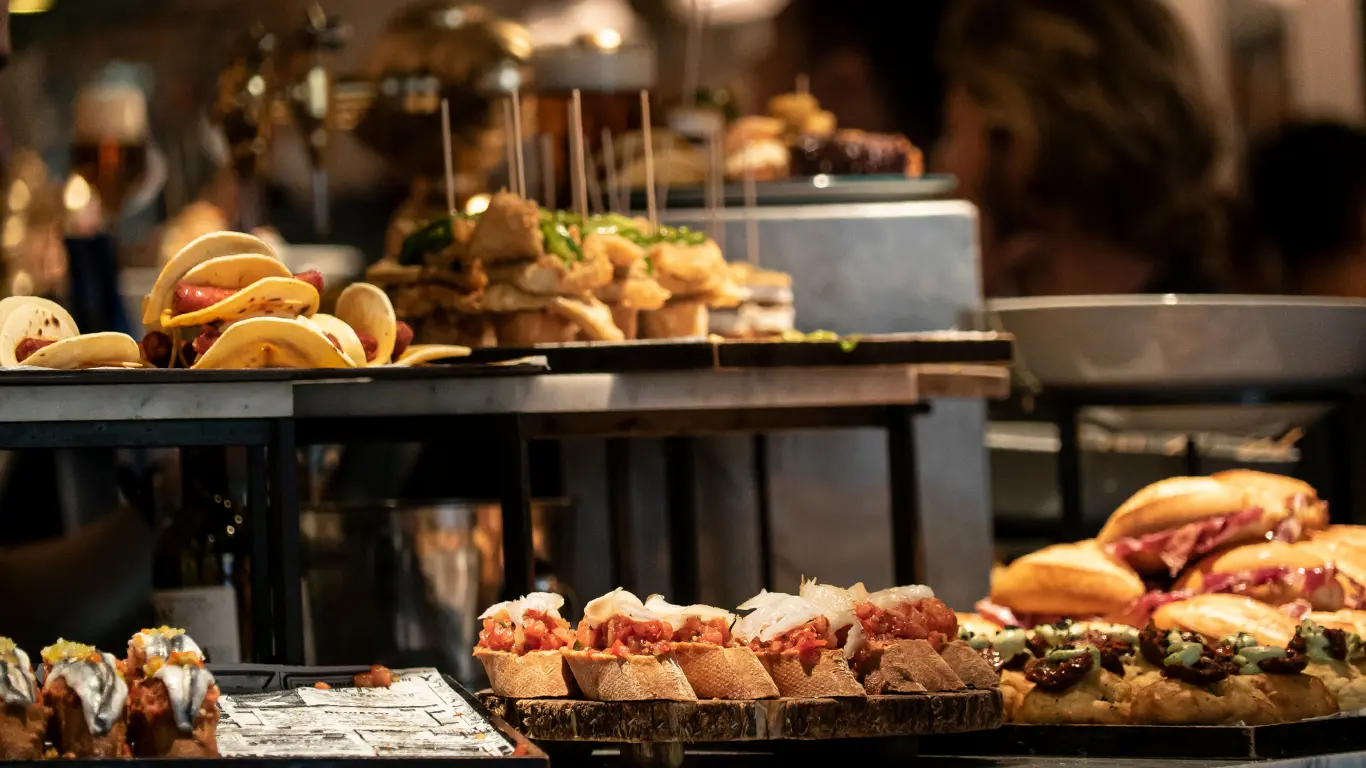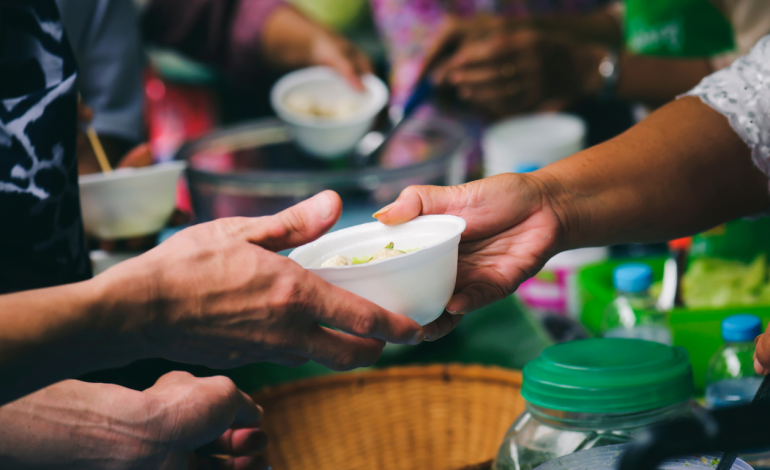
Ramadan in the Gaza Strip this year will be anything but “normal.”
Malnutrition and disease are claiming dozens of lives. The Gaza Health Ministry said on March 6, 2024, that at least 20 people had died of malnutrition. Many others, it said, were “dying silently,” unable to reach medical facilities.
According to humanitarian organizations, the proportion of people in Gaza deprived of food exceeds any other place in the world.
What meaning can the holy month’s fast have for those who have nothing to eat?
Also read: Like Many, I Secretly Eat Every Ramadan
Ramadan and the Quran
Fasting in Islam requires believers to abstain from certain acts that are necessary for sustaining life – mainly eating, drinking and sexual – from dawn to dusk. But it is not just about food. It also requires that people abstain from lying or criticizing others behind their backs.
Muslims access “the sacred” primarily through the Quran, which is recited collectively from cover to cover in communal night nighttime vigils during Ramadan.
As a scholar of Islam and as a practicing Muslim, I often think of how Islamic scripture describes the purpose of this sacred month. “Fasting is prescribed to you,” says the Quran, “that ye may learn self-restraint.” The revelation of the Quran to Muhammad commenced in Ramadan, and Muslims take this time of the year to renew their connection to God’s words.
Fasting in Ramadan was prescribed in 624 C.E., the second year of Islam. This was shortly after the Prophet Muhammad’s emigration from Mecca to Medina in today’s Saudi Arabia to escape persecution. This episode, known as the Hijra, came to mark the first year of the Islamic calendar.
While Muslims may fast voluntarily throughout the year, it is mandatory in the month of Ramadan. Sick or pregnant people, as well as travelers, must make up missed days. The chronically ill or elderly must make amends by feeding others.
Fasting in Ramadan is believed to rejuvenate spiritual strength. The Prophet Muhammad said the mere ritual of fasting without inner transformation results in nothing but hunger.
“Goodness does not consist in your turning your face towards East or West,” the Quran cautions, in reference to the orientation that is required in ritual prayer. Rather, goodness consists in caring for the neighbor and stranger. These are principles that all religions have in common.
Also read: Beyond the Feast: Life After Ramadan
Ramadan and Charity
In Muslim culture, Ramadan is experienced primarily as a month of prayer, ascetic practice, family life and generosity. A select few engage in a practice known as “i’tikaf,” a voluntary retreat in partial seclusion at the mosque, typically during the last few days and nights.
A highlight of Ramadan is increased acts of charity and the feeding of others. Many mosques offer meals, which is believed to be an act of particular virtue at sunset to facilitate breaking of the fast, at this time of the year. Muslims often pay their annual mandatory alms known as zakat during Ramadan in order to reap the special rewards of this month.
Islamic educational and humanitarian organizations increase their appeals for donations every year in Ramadan, and the rhythm of life in Muslim communities transforms with pre-dawn family meals, lazy mornings, working afternoons and communal feasts.
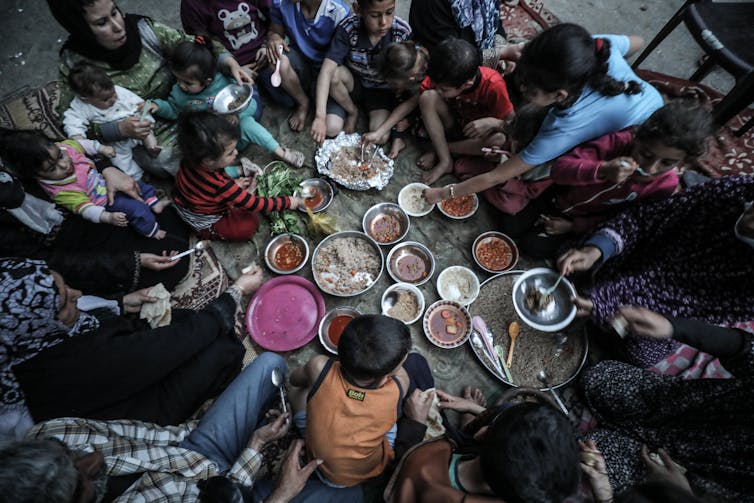
Also read: Why Indonesia is the Best Place on Earth to Fast during Ramadan
Ramadan in Gaza
The meaning of Ramadan in a war zone is poignant for Muslims who are suffering directly. War is neither prescribed nor prohibited during Ramadan. Muhammad urged his troops to break the fast when entering into battle in order to preserve their strength. The Battle of Badr, the first of many military confrontations under Muhammad’s command, which became a turning point in early Islamic history, took place in Ramadan.
For those who witness that suffering on screens from the comfort of their homes, the question of moral responsibility still remains. Muslims who seek to fulfill God’s command are “to spend out of what God has provided for them” in worthy charitable causes in Ramadan. Many of them will ask what more could be done to feed the hungriest of hungry in the world, who are now in Gaza.
Religions help us come to terms with our mortality. They help us make sense of life beyond this life. In a time of war and famine, when death is near, Ramadan can remind us that God is nearer: “closer than the jugular vein.”
For countless innocent victims of all ages and every gender who are breathing their last – in the direst of circumstances and the deepest of anguish – this thought can be a source of solace, if not joy.
Mahan Mirza, Executive Director, Ansari Institute for Global Engagement with Religion, and Teaching Professor of Teaching Professor of Islam and Global Affairs, University of Notre Dame.
This article was first published on The Conversation, a global media resource that provides cutting edge ideas and people who know what they are talking about.

